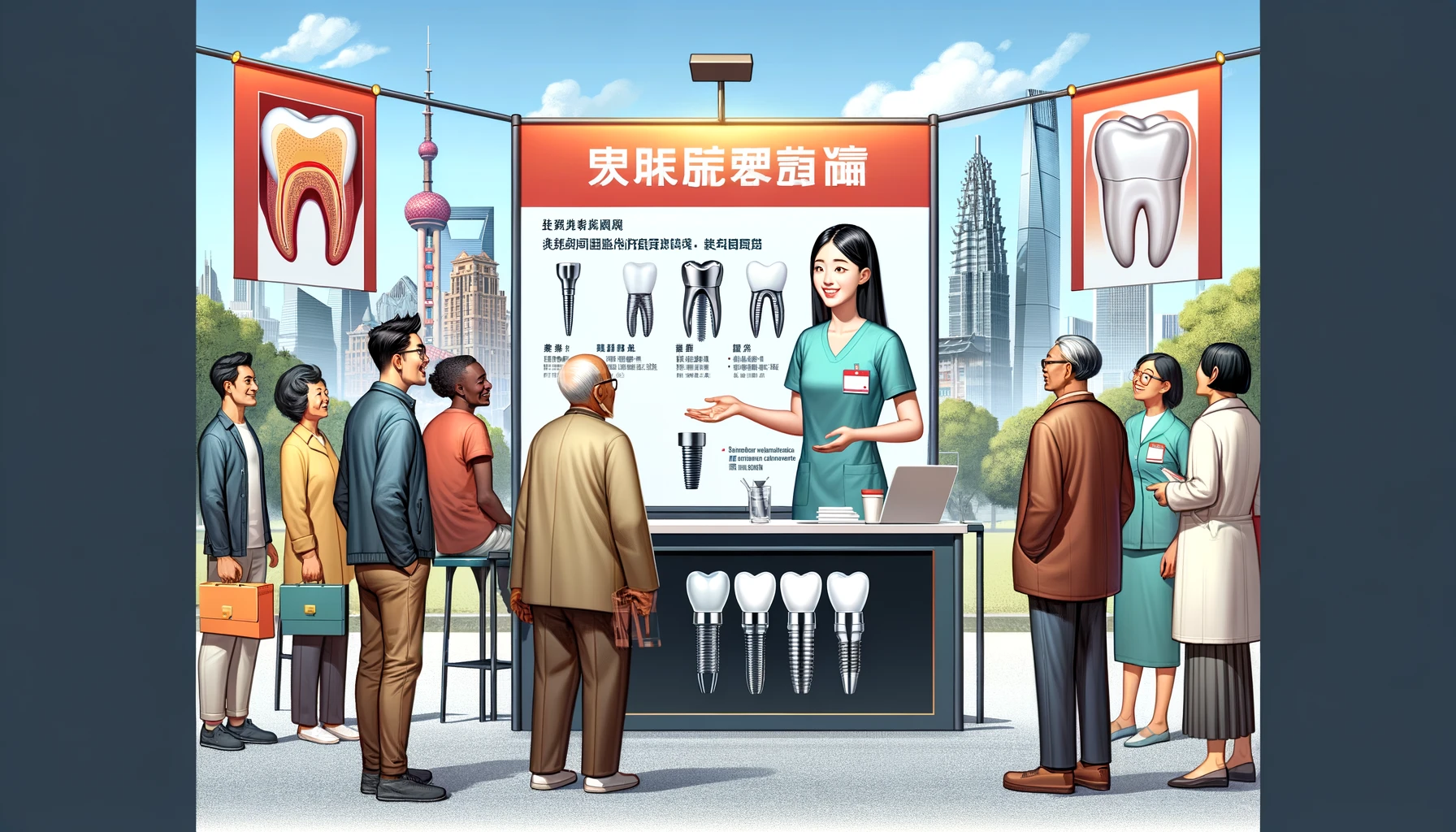Dental veneers are an excellent solution for those looking to enhance their smile by covering imperfections such as stains, chips, cracks, or gaps. While they can dramatically improve your appearance, proper care and maintenance are crucial for ensuring that your veneers remain in pristine condition. This comprehensive guide will provide you with essential information on how to care for your dental veneers effectively.
What Are Dental Veneers?
Dental veneers are thin shells made from tooth-colored materials, primarily porcelain or composite resin. These custom-made shells fit over the front surface of your natural teeth, instantly enhancing their appearance. Veneers can address a variety of cosmetic issues, including:
- Discolored or stained teeth
- Chipped or cracked teeth
- Gaps between teeth
- Misshapen or irregularly shaped teeth
- Minor crowding or misalignment
Porcelain veneers are the most popular option due to their durability and aesthetic appeal, although they tend to be more expensive. Composite veneers, while more affordable, may not last as long as porcelain.
The Importance of Proper Veneer Care
Although dental veneers are designed to be stain-resistant and durable, they still require diligent care to maximize their lifespan. Neglecting proper maintenance can lead to:
- Staining or discoloration
- Chipping or cracking
- Detachment or loss of veneers
- Gum disease or tooth decay around the veneers
By following a proper care routine, you can expect your veneers to last 10-15 years or longer, protecting both your investment and the health of your natural teeth.
Daily Care Routine for Dental Veneers
Maintaining good oral hygiene is essential for the longevity of your dental veneers. Here’s a recommended daily care routine:
Brushing
- Use a soft-bristled toothbrush and non-abrasive toothpaste to gently brush your veneers twice daily.
- Avoid whitening toothpastes as they can be too abrasive and may scratch the veneer surface.
- Replace your toothbrush every 3-4 months or sooner if bristles become frayed.
Flossing
- Floss at least once a day to remove plaque and food particles from between your teeth and around the veneers.
- Be gentle while flossing to avoid dislodging or damaging the veneers.
Rinsing
- Use an alcohol-free antimicrobial mouthwash after brushing and flossing. Alcohol-based mouthwashes can weaken the bonding material used for attaching the veneers.
Foods and Drinks to Avoid
While dental veneers are resistant to staining, certain foods and drinks can still cause discoloration or damage over time. Limit or avoid:
- Dark beverages like red wine, coffee, and tea (use a straw when possible)
- Highly pigmented foods such as berries, tomato sauce, and curries
- Hard foods like nuts and popcorn kernels
- Sticky treats like caramels or taffy
- Acidic items like citrus fruits and sodas
If you consume any of these items, remember to brush your teeth or rinse your mouth with water afterward.
Habits to Avoid
In addition to dietary considerations, certain habits can jeopardize the lifespan of your dental veneers:
- Chewing on hard objects like ice or pens
- Using teeth as tools (to open packages or bottles)
- Grinding or clenching teeth (consult your dentist about a nightguard)
- Smoking or using tobacco products
Professional Dental Cleanings and Check-Ups
Even with diligent at-home care, regular professional dental cleanings and check-ups are vital for maintaining your dental veneers. During these visits, your dentist will:
- Remove any plaque or tartar buildup that brushing may have missed
- Polish the veneers to restore their smooth finish
- Check for signs of wear, damage, or staining
- Evaluate the health of your natural teeth and gums
Most dentists recommend scheduling these appointments every six months, although you may need more frequent visits if you have a history of gum disease.
When to Replace Dental Veneers
With proper maintenance, dental veneers can last over a decade; however, there may come a time when replacement is necessary. Signs that it’s time for new veneers include:
- Significant staining, chipping, or cracking that cannot be repaired
- Loose or detached veneers
- Changes in bite or jaw alignment affecting veneer fit
If you notice any of these issues, consult with your dentist about options for replacing or updating your dental veneers.
Conclusion
By following the tips outlined in this guide, you can ensure that your dental veneers remain beautiful and functional for years to come. Remember that proper care is not just about aesthetics; it’s about protecting both your investment in cosmetic dentistry and the health of your natural teeth. If you have any questions about caring for your veneers or need personalized advice, don’t hesitate to reach out to your dentist. With the right care routine in place, you’ll enjoy a stunning smile that lasts!
For more information on eco-friendly dental care practices that complement maintaining dental veneers effectively, visit Elegant Edge Dentistry which provides valuable tips on sustainable oral hygiene practices.
What is the average lifespan of dental veneers?
The average lifespan of dental veneers is typically between 10 to 15 years for composite resin and up to 20 years or more for porcelain veneers, provided they are well-maintained with good oral hygiene and regular dental care.
Can the lifespan of dental veneers be extended?
Yes, the lifespan of dental veneers can often be extended beyond the average expectancy with meticulous oral hygiene, regular dental check-ups, and by avoiding habits that can cause damage, such as teeth grinding or biting on hard objects.
Do dental veneers require special care compared to natural teeth?
Dental veneers require similar care to natural teeth, which includes brushing twice a day, flossing regularly, and visiting the dentist every six months. However, it’s recommended to use a non-abrasive toothpaste and a soft-bristled toothbrush to prevent scratching the veneer surface.
Will I need to replace my dental veneers eventually?
While dental veneers are designed to be a long-term solution for cosmetic dental concerns, they may eventually need to be replaced due to wear and tear, changes in the underlying tooth structure, or cosmetic reasons.
Are there any foods or habits I should avoid to protect my dental veneers?
To protect your dental veneers, it’s advisable to avoid biting into very hard foods (like ice or hard candy), using your teeth as tools, engaging in teeth grinding, and consuming excessive amounts of stain-inducing beverages like coffee and red wine. It’s also important to quit smoking, as tobacco can stain veneers just as it does natural teeth.















